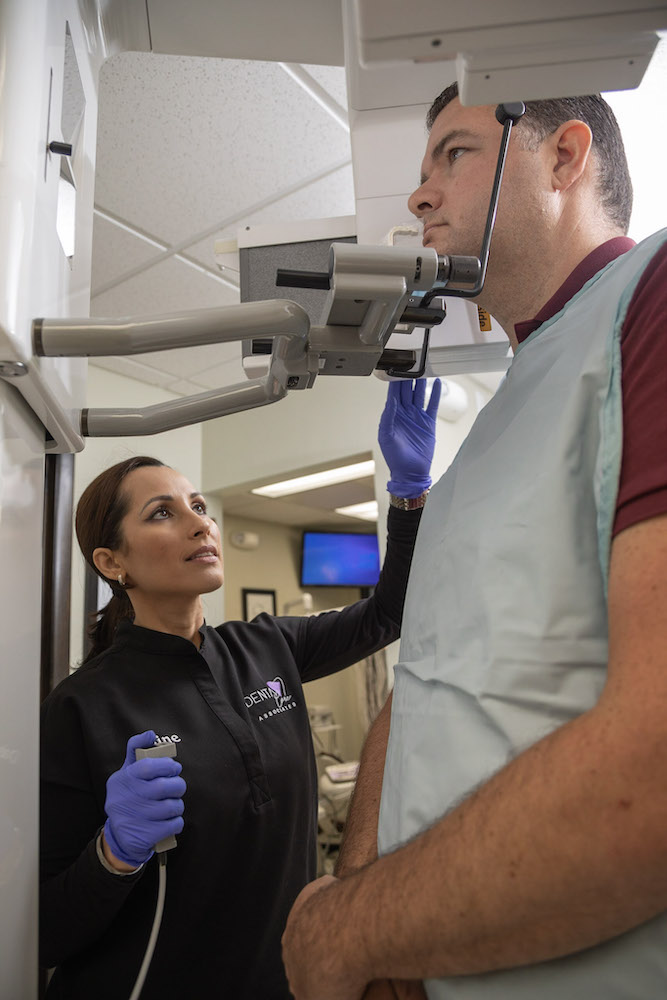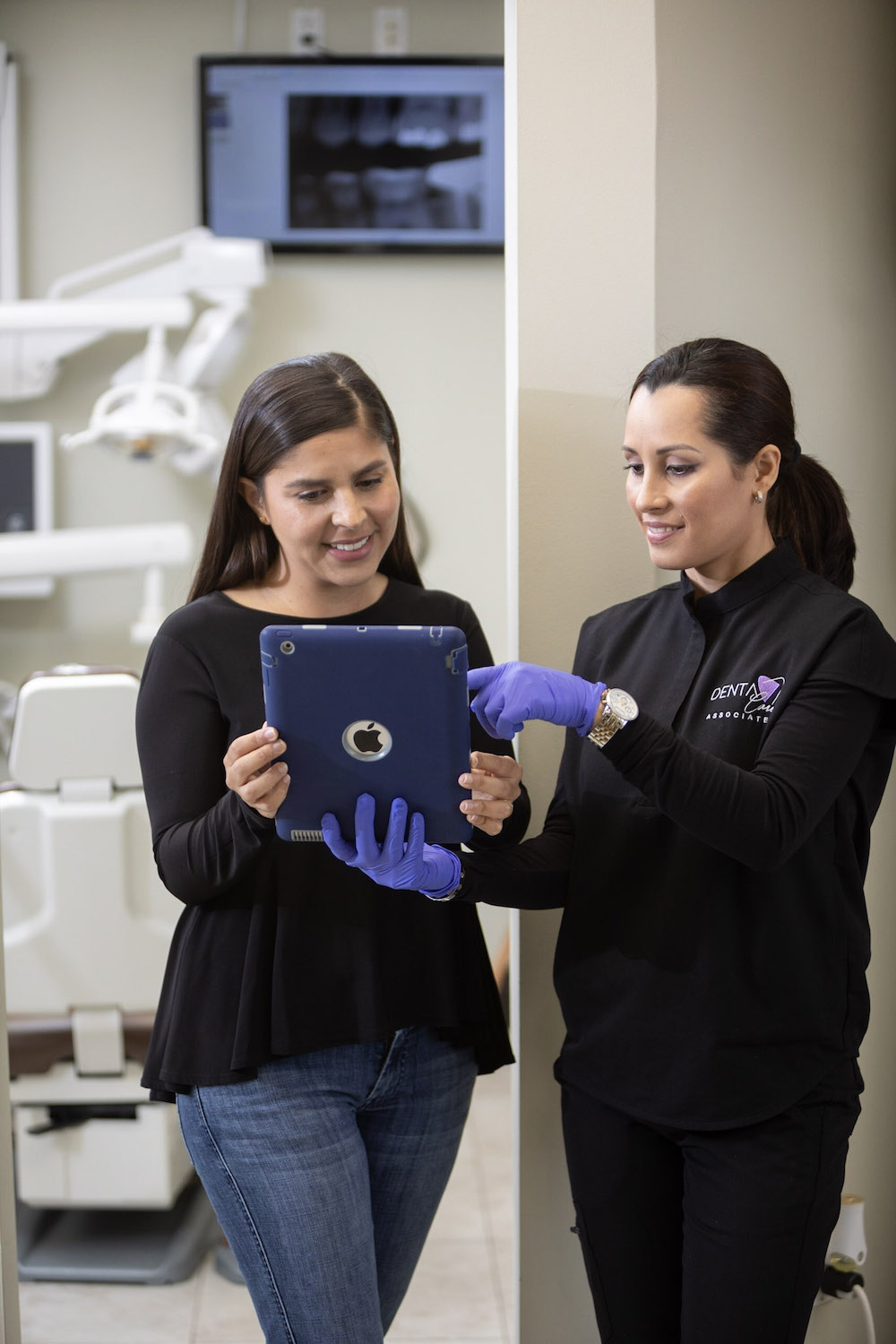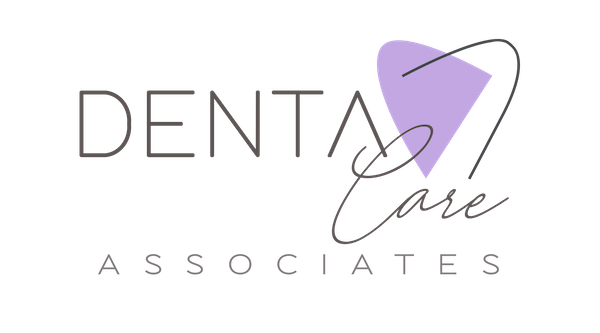 Extractions
Extractions
- Rinsing – Beginning the day after the extraction, gently rinse mouth every 3 to 4 hours (and after meals) by mixing one-quarter teaspoon of salt to a glass of warm water. Continue rinse schedule for several days.
- Bleeding – Bleeding is to be expected following some extractions. If bleeding occurs place a gauze pad over area and bite down firmly for one-half hour. If necessary repeat with a clean gauze pad.
- Pain – use any non-aspirin type of medication for discomfort.
- Swelling – Wrap bagged or chopped ice in a towel and apply to operated area for one-half hour on and one-half hour off for 4 to 5 hours.
- Food – For the first 24 hours a light diet is recommended.
- Bone Fragments – During the healing process bony fragments may work up through the gums. These are not roots. Return to the office for their simple removal if they become bothersome.
- Things to Avoid – After the blood clot forms it is important to protect it, especially for the first 24 hours, therefore do not smoke, suck through a straw, or rinse your mouth vigorously.
Deep Scaling And Root Planing Therapy
- Discomfort or pain should be acute and should subside in a few hours, definitely within a few days. Discomfort immediately after treatment is usually associated with slight throbbing or aching and occasionally may be uncomfortable. This discomfort usually subsides in about four hours.
- Teeth may be sensitive to temperature changes and/or sweets. The sensitivity to temperature may be noticeable the first several days and usually diminishes quickly. Application of a desensitizing fluoride may be recommended.
- As the gums heal slight bleeding may occur during the next several brushings but the bleeding should steadily decrease.
- If extensive root planing was performed, chewing hard foods, such as meat or raw vegetables may be uncomfortable; this should last no longer than a few days. A diet of a softer consistency would be advised until chewing becomes more comfortable.
- If a local anesthetic was used, avoid chewing foods until feeling returns to avoid injury to the tongue or cheeks. Acetaminophen or a non-aspirin pain killer should be taken as recommended to reduce discomfort. If tooth sensitivity persists, use a desensitizing toothpaste containing potassium nitrate. If the sensitivity is severe and prolonged, professional application of desensitizing agent may be required.
- If gum tissues are tender, brush your teeth gently but thoroughly; this may take a little more time than normal. By the third to fourth day, normal oral hygiene techniques may be resumed. Mouth rinsing is recommended with either of the following solutions: 1) an antimicrobial rinse, 2) a warm salt-water rinse. Use of either of these rinses should be limited to one to two consecutive weeks.
- If symptoms are severe or persistent, please call our office immediately.
Implants

- Do not eat or drink anything hot for the first 24 hours. A softer diet is strongly recommended.
- If you are a smoker, do not smoke during the first 48 hours after surgery, as it may cause bleeding and affect healing.
- Ice packs are to be used as much as possible the day of surgery to help reduce swelling. Use the ice for 10 minutes on and 10 minutes off until bedtime.
- Do not rinse today as it may cause bleeding. You may lightly start to rinse the next day with warm salt water or Peridex if it has been prescribed for you. You may resume brushing tomorrow.
- Keep your head elevated with an extra pillow when lying down today. Do not bend, lift heavy objects, or participate in any rigorous activity for the remainder of the day.
- Do not use a straw. Any type of pulling or drawing motion can cause bleeding. Drink only from a glass or cup.
- You will notice slight bleeding the day of surgery. This is normal. Should you notice bleeding is not beginning to slow down, moisten a tea bag with cold water and hold it over the area with firm pressure for 20 minutes.
- If you have been prescribed pain medication, be sure to keep food in your system. You may not drive while taking this medication, as your senses may become impaired. If you have been prescribed antibiotics, please follow the instructions we provide you pertaining to that medication.
Temporary Crown/Bridge
- Avoid chewing for at least one half-hour to allow the temporary cement to set.
- To keep your temporary in place, avoid eating hard or sticky foods, especially chewing gum.
- Continue your normal brushing but be careful while flossing around the temporaries (remove the floss gently from the side). If it is difficult to get the floss between the temporary and surrounding teeth, refrain from flossing until you receive your permanent crown.
- Call us if the temporary comes off. Save the temporary so we can recement it. It is very important for the proper fit of your final crown that the temporary stay in place.
Crowns and Bridges
- If an anesthetic was used during the procedure, avoid chewing until the numbness has completely worn off.
- To reduce any discomfort or swelling, rinse your mouth three times a day with warm salt water (mix one-quarter teaspoon of salt to a glass of warm water).
- Brush and floss your teeth and gums normally after each meal to keep your mouth healthy. If you have a bridge, use superfloss or floss threaders to keep the area between the artificial tooth and your gums free from plaque.
- To protect your crown/bridge avoid chewing ice.
- After the permanent restoration is placed you may feel slight pressure for a few days. Also, the bite may feel different for a day or two. But if after 2-3 days the bite still feels uneven or if you feel discomfort when chewing on the tooth, call our office. Delaying the necessary adjustments may damage the tooth permanently.
Dentures
- You will experience some discomfort with any new denture for a few days. All new dentures need several adjustments to completely and comfortably fit your mouth.
- You should take the dentures out every night and keep them in a clean container filled with water or denture cleaning solution. Your gums need to rest and be without the dentures every day for a period of time.
- It may be difficult to talk normally with the new dentures for a few days. One way to practice is to read a book or newspaper out loud for a period of time every day. Your tongue and muscles will get used to the new dentures and you will talk normally very soon.
Root Canal Treatment
- Please remember while you are numb to be careful when chewing. Do not chew on your tongue or cheek as it causes considerable pain when the numbness wears off.
- It is okay to eat immediately after treatment; however, if you have a temporary filling, avoid very hard or sticky foods since they might damage or pull the filling out.
- Your tooth may be sore after treatment. It is not uncommon for the tooth to be “tender to biting”. Over the counter pain relievers will normally relieve the pain, or we may prescribe a pain reliever.
- If you should experience fever, cold chills or swelling in the tooth area, please call our office immediately.
- Now that your root canal treatment is complete, you will need to return to your General Dentist for permanent restoration. Please call and make an appointment within a week after your final root canal treatment. This is very important.
Whitening
 We recommend that for the next 24 hours you consume white and/or clear foods and drinks. You should avoid the following:
We recommend that for the next 24 hours you consume white and/or clear foods and drinks. You should avoid the following:
- Lipstick
- Red Wine
- Dark Colas
- Coffee or Tea
- Red Sauces
- Mustard or Ketchup
- Soy Sauce, A-1 Sauce
- Smoking
